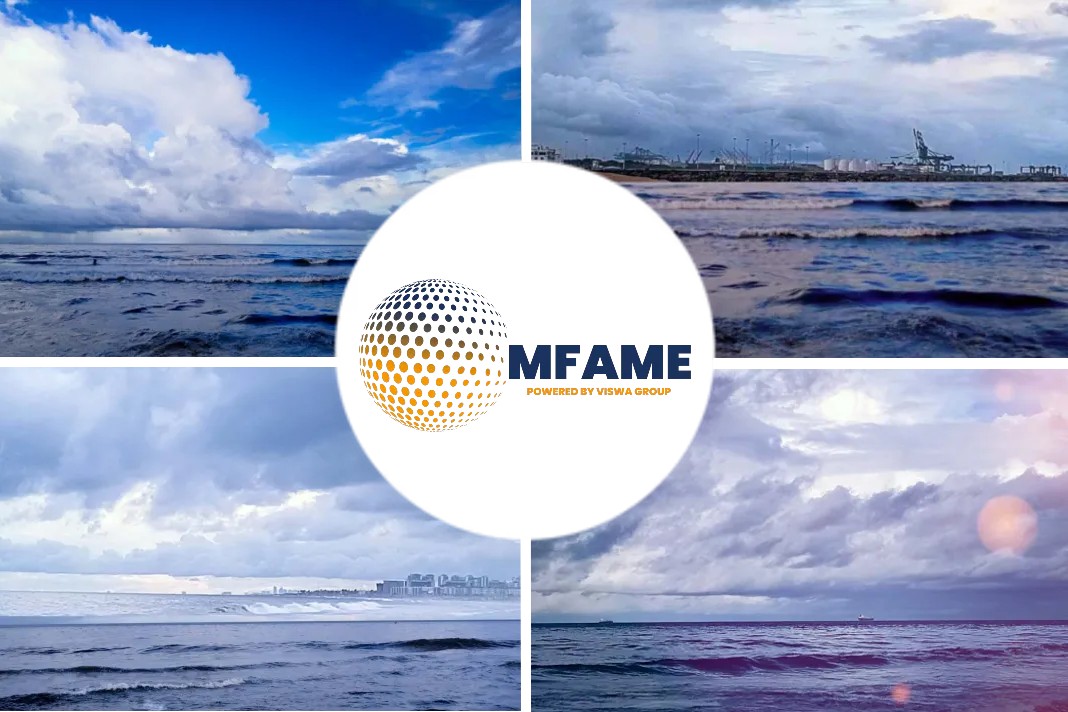Low water levels, high power prices as well as margins and exports under pressure, reports SP Global.
1. Low Rhine levels hamper commodity shipments
What’s happening?
Water along Germany’s Rhine have fallen below critical levels, hampering commodity deliveries in Europe’s biggest economy. Low water levels increase freight rates and force barges to only part-load. The impact is felt from coal-fired power plants to Europe’s biggest petrochemicals complex at BASF Ludwigshafen, with many other commodities also impacted including container shipments into Switzerland.
The bottlenecks to inland demand centers also saw coal and other stocks building in Amsterdam-Rotterdam-Antwerp. Spot coal cargo prices fell over $100/mt from a record-high July 28. Platts assessed the CIF ARA 15-60 days, 6,000 kcal contract at $365/mt Aug. 11, according to pricing data by S&P Global Commodity Insights.
What’s next?
Levels at the Kaub chokepoint in the Middle Rhine Valley, west of Frankfurt, are set to drop further to historic lows for August. Logistical challenges are complex with moving to rail and road to first alternative adding further costs and potential production challenges. Reduced coal deliveries may also hamper German efforts to reduce gas-for-power demand ahead of winter due to the logistical challenges despite coal-fired generation costs significantly below gas despite very high delivery surcharges.
2. Global ethylene margins under pressure
What’s happening? Ethylene margins have been collapsing across all regions in the past few months. Producers are focusing on buying the most profitable feedstock, optimizing between ethane, LPG and naphtha.
What’s next?
The low margin environment will result in feedstock competition until the winter LPG demand season, which is expected to price naphtha back into the flexible feedstock crackers starting in fourth quarter 2022, as LPG prices increase due to higher HDD and RVP gasoline blending demand.
3. China 2022 exports to dip on weak demand
What’s happening?
Weaker overseas demand has resulted in China’s finished steel exports slowdown. The jump in exports seen in May and June due to the Ukraine invasion has largely ended, with global steel prices now weaker than before the conflict began Feb. 24.
What’s next?
Platts Analytics forecasts China’s 2022 finished steel exports to dip 0.7% year on year to 66.19 million mt. Flats and longs will reach 44.15 million mt and 6.99 million mt, respectively, with a balance of 15.05 million mt. Platts Analytics’ slightly lowered forecast is in light of delays to order fulfilment caused by the COVID-19-related lockdowns in China as well as uncertainties the global economy.
4. UK, France to battle for tight winter power
What’s happening?
France and the UK are set to compete for tight winter power capacity on the 4 GW of interconnector capacity with France’s nuclear woes adding pressure to looming gas supply shortages. UK winter power was assessed at GBP584.75/MWh Aug. 10, up 413% on year and up 67% since July 1, S&P Global Commodity Insights data show.
French power contracts for winter months November to February trade above Eur1,000/MWh as the country suffers unprecedented nuclear outages. French nuclear output this quarter is on course for a 12 GW decline on the year with higher gas burn in Great Britain, which became a net exporter to France, helping to offset the shortfall.
What’s next?
French nuclear shortfall is expected to shrink in Q4 to around 3 GW with December potentially the first month in a year with an on-year gain. Platts Analytics’ base case sees GB return to net imports averaging around 2.7 GW in Q4 and rising to 4.8 GW in Q1 2023. “Tightness and competition for flows across both sides of the Channel could quickly lead to price escalation,” Platts Analytics’ Rickson added with Italian import demand another pull on underperforming French nuclear.
Did you subscribe to our daily Newsletter?
It’s Free! Click here to Subscribe
Source: SP Global














